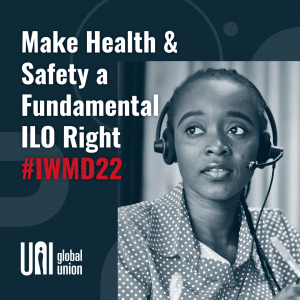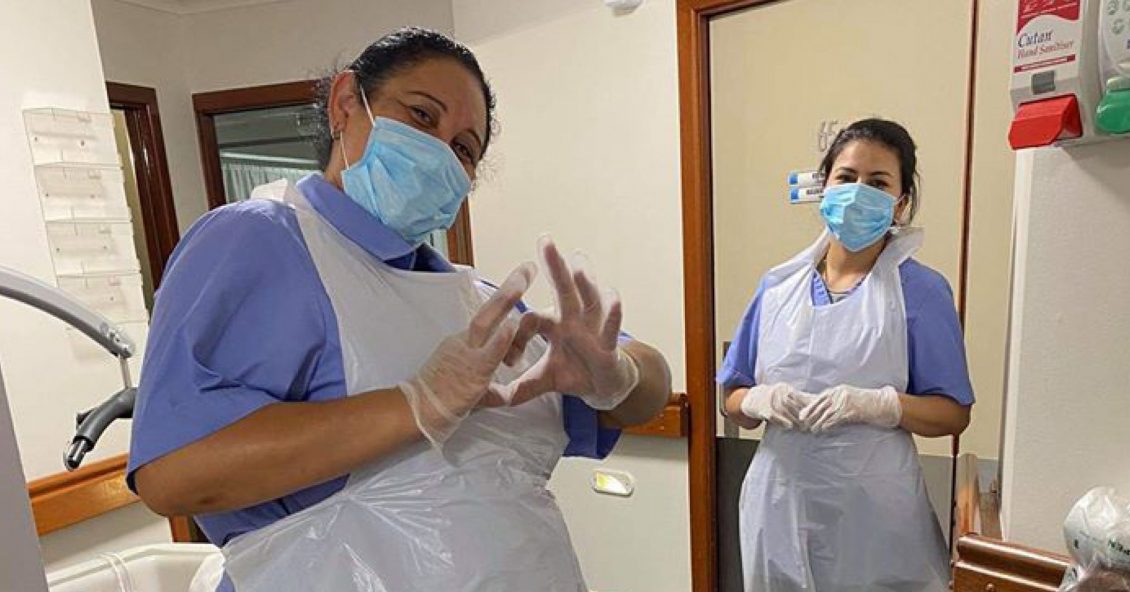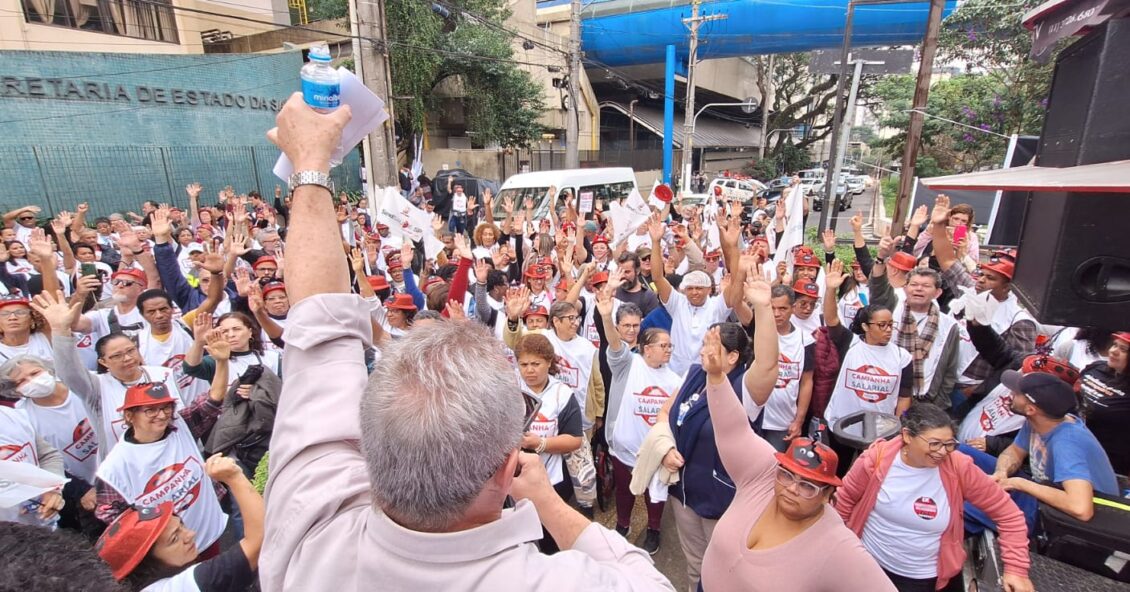28 April: Make Health & Safety a fundamental right at the ILO
27.04.22
On 28 April, unions around the world commemorate International Workers’ Memorial Day—a day to remember those who have been killed, injured or sickened on the job and to redouble the fight for workplace safety. The message the global trade union movement is sending this year is: Make safe and healthy work a fundamental right at the International Labour Organization (ILO).
“Work should be a source of dignity and empowerment—not injury, disease or loss,” said Christy Hoffman, General Secretary of UNI Global Union. “Enshrining health and safety as a core right at the ILO makes clear that one worker death or illness is one too many. It also sends a message to employers and governments to work with unions who have been pushing for safer jobs—especially since the start of the pandemic.”
Globally, more than 3 million workers die of work-related diseases or accidents each year, and 374 million suffer from workplace injuries or illnesses. Only 20 per cent have access to occupational health and safety services.

“We demand that the ILO adopts occupational health and safety as a fundamental right at work. It’s as important as freedom of association and the elimination of forced labour, child labour and discrimination in employment,” said Sharan Burrow, General Secretary of International Trade Union Confederation (ITUC), who is coordinating the global 28 April effort.
The ILO is a tripartite body comprised of governments, employers and unions. Instituting safe and healthy work as a fundamental principle and right at the ILO commits member states to respect and promote this right, regardless of whether the state has ratified other, relevant ILO conventions. Additionally, many ILO member states have embedded fundamental standards in their national constitutions, ensuring that such standards will be realized and will improve the lives of people.
The 2019 ILO Centenary Declaration recognized the importance of occupational health and safety for all workers. Since then, the Covid-19 pandemic coupled with hazards created by technology’s expanded use on the job added new urgency to making health and safety a fundamental right. The experiences of the past two years have also shown that unions are essential to implementing and enforcing that right.
During the pandemic, UNI released health and safety guidelines in all its economic sectors. It has consistently called for health and safety to be a fundamental right, and recently has published research on the effects of invasive surveillance on workers’ health at Amazon and beyond as well as a cross-sectoral study of union action to protect essential workers.
The ITUC’s International Workers Memorial Day materials are here.
UNI Africa
UNI Americas
UNI Asia & Pacific
UNI Europa


